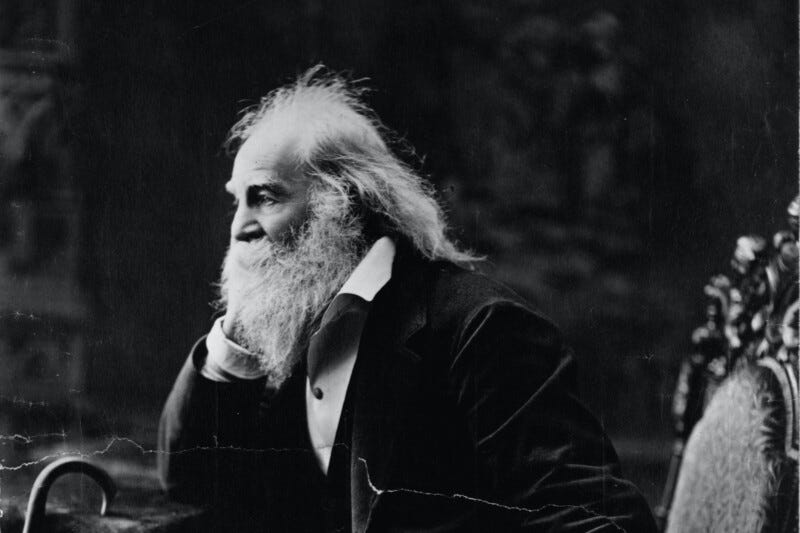We come now to the final five days. One doesn’t see the world turn on its axis, doesn’t feel it, but it does. Without our awareness of its happening, the earth’s orientation toward the universe is changed, instant by instant, when all seemed, in illusory sameness, unchanging. Come Tuesday night, come Monday morning, will the good news be that the United States is rescued, a broken nation, to struggle on in repair? Or will we learn that never in history did a people given so much, inheritors of a national fortune so great, beyond compare, so take it for granted and throw it all away?
I will take these days, to mark them in something that feels like usefulness, to publish over the next three of them three very different, shorter pieces, to note the occasion in history. On Monday, I’ll be on Notes, as I often am — you’ll find me there. Tuesday, having already voted, like you, I’ll wait.
Keep reading with a 7-day free trial
Subscribe to Homo Vitruvius by A. Jay Adler to keep reading this post and get 7 days of free access to the full post archives.



